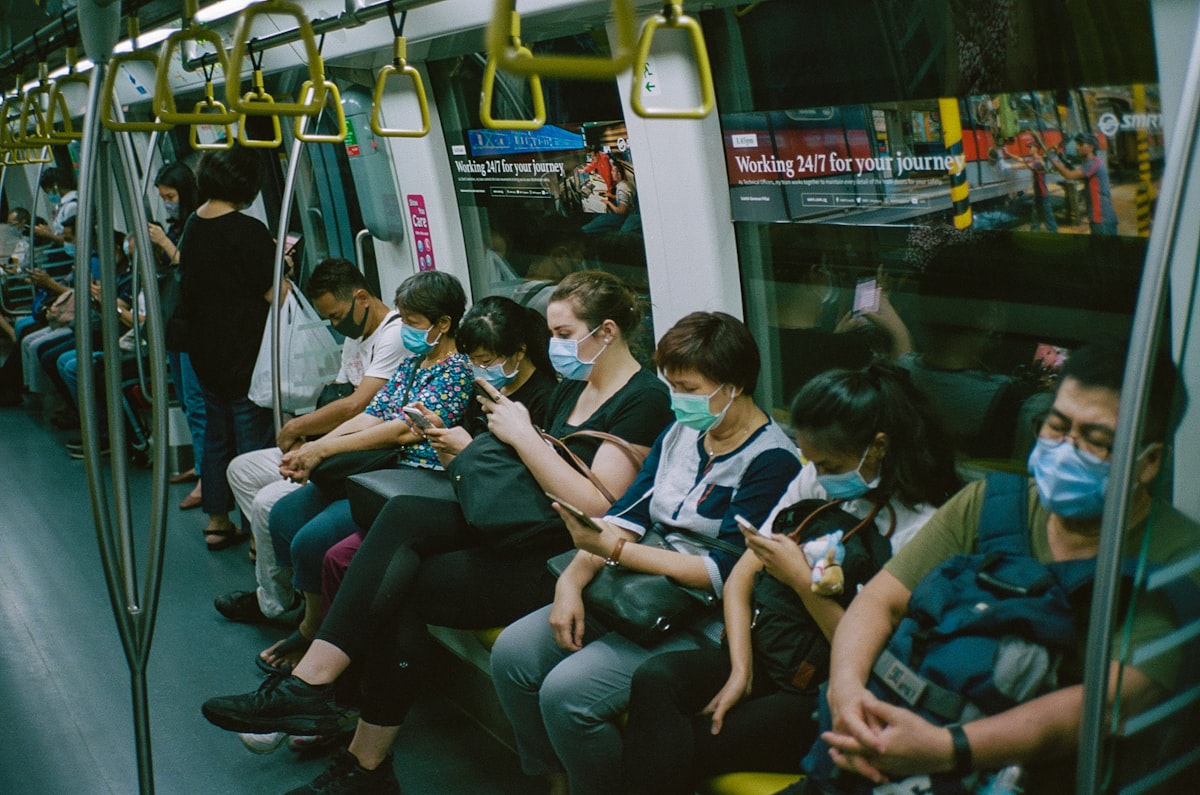New normality: the crisis of physical, psychological, and social adaptation
The pandemic affects our brain, in its interaction with the environment, which requires habituation. It is time to take charge of our life as a collective, to abate individuality, consumerism, and damage to the planet.





